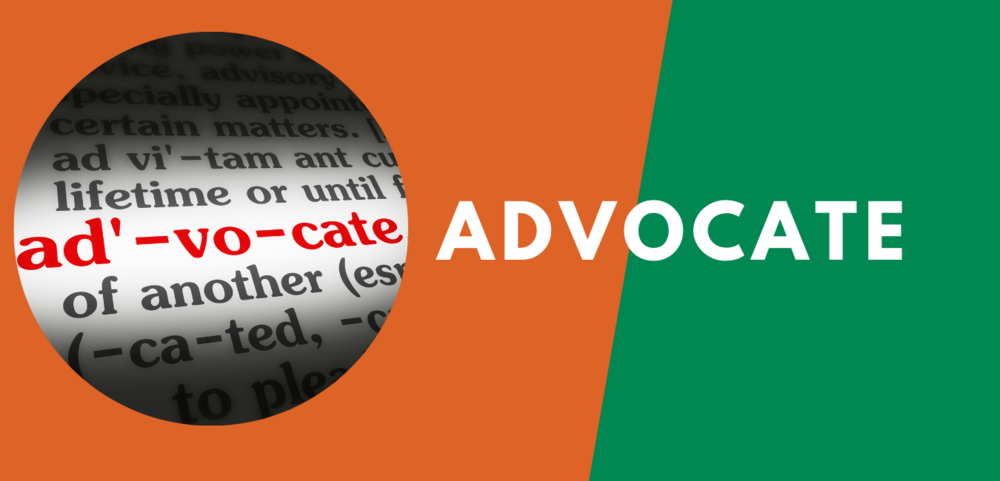News / Insights
Be an El Pasoans Fighting Hunger Advocate!
We Need You!
Too many people go to bed hungry in our community and far more struggle with economic insecurity.
In El Paso, 1 in every 3 children and 1 in every 4 adults are unsure of where their next meal will come from. But together, and with voices amplified, we can move the needle on hunger. To accomplish this, policymakers and stakeholders must understand the mission and goals our organization works to advance.
For El Pasoans Fighting Hunger Food Bank, those goals and values center around fighting for our neighbors who struggle with hunger by protecting policies that get us closer to eliminating hunger altogether.
Join Us!
HOW CAN YOU HELP?
Link to Streamline SNAP 6-month EligLink to Streamline SNAP 6-month Elig
When you sign up to be an El Pasoans Fighting Hunger Food Bank advocate, you will periodically be “called into to action”; here is how.
EPFH will:
- inform you of critical and sometimes time-sensitive issues relating to our fight to end hunger
- provide you with guidance on how to contact your legislators and inform them why you feel these issues are important to your community
You, the advocate, will:
- learn how the decisions made at every level of government affect the individuals and families in your community
- become empowered with information relating to critical public policy priorities in order to share this information with the decision makers

Storyteller
You can be one of many “story-tellers” for EPFH, bringing clarity and understanding of the food bank’s mission and goals. Shedding light on needs, fighting to lower barriers, and increase critical resources the Food Bank clients need are all examples of how you can help the people it serves not only survive, but thrive.

Communicating with Policy Makers
Adding your voice to ours by communicating with policy makers in favor of or in opposition to a cause or issue gives you the power to become an active part of the process of how decisions are made at the local, state and federal levels and how these decisions affect the individuals and families we serve.

Who Represents You?
Click to access a link to all federal and state legislators that represent you by entering your address and/or home county.
Visit Capitol.Texas.Gov
For more information contact our Director of Government Relations – Celeste Varela, cvarela@epfhfb.org

EPFH Priorities for the 89th Legislative Session
Streamline SNAP 6-Mo Eligibility Checks - 6-month periodic reporting is a proven tool to reduce workload and administrative costs, enhance program integrity, and systemically fix our state’s current backlog of SNAP applications.
Link to Streamline SNAP 6-month Elig
Implement Summer EBT - 1 in 4 Texas children experience hunger, which spikes in the summer because millions of children lose access to school meals. Summer EBT is a new program that would provide low-income families with children $120 in food benefits during the summer. Link to Summer EBT
Improve Health Outcomes with Nutritious Food - Food-insecure Medicaid beneficiaries are more likely to develop diet-related illnesses. A streamlined Medicaid reimbursement model that integrates food bank services into our healthcare system would enable doctors to prescribe healthy food, improve health outcomes, and reduce state healthcare costs.Link to Food is Medicine
Modernize the Eligibility System - System errors and glitches within TIERS, the system that underpins SNAP, Medicaid, and TANF, have led to application processing delays and wrongful denials. We support fully funding HHSC’s LAR Exceptional Item Request #2 to permanently fix these problems.
* All legislative priorities align with those of Feeding Texas and the Texas Food Policy Roundtable, of which EPFH is a member

EPFH 2025 Farm Bill Priorities
What is the Farm Bill?
The Farm Bill is a piece of legislation, reauthorized by Congress every 5 years and governs an array of food and nutrition programs. These include but are not limited to the Supplemental Nutrition Assistance Program (SNAP), The Emergency Food Assistance Program (TEFAP) and the Commodity Supplemental Food Program (CSFP). As Congress works to reauthorize the next Farm Bill, which is set to expire on September 30, 2025, the Feeding America network urges lawmakers to strengthen federal nutrition programs. These programs work in tandem with food banks across the country to assist families and individuals facing hunger.
As grocery prices rise and supply chain disruptions continue, food banks alone cannot meet the increased demand for food support.
Congress must double down on our nation’s commitment to ending hunger by strengthening critical anti-hunger programs in the next Farm
Bill.
Strengthen The Emergency Food Assistance Program (TEFAP) Funding –
TEFAP is a means-tested federal program that provides food at no cost to individuals in need through organizations such as food banks,
food pantries and emergency shelters. A reliable and continuous stream of TEFAP foods is essential, particularly now as the demand for
food assistance in our country remains high. TEFAP also has a strong, positive impact on the farm economy. According to the USDA’s
Economic Research Service, TEFAP purchases give U.S. growers and producers an average of 27 cents per dollar, compared to about 16 cents
per dollar from retail.
Food waste represents lost resources and has negative impacts on the environment. Congress should increase funding for the TEFAP Farm to
Food Bank Program, remove the state match, and allow states to prioritize projects for donated food or food purchased at a low cost from
local growers and producers. (Link -
https://www.feedingamerica.org/our-work/reduce-foo...
)
Protect and Strengthen Supplemental Nutrition Assistance Program (SNAP) –
Strengthening SNAP benefits will help older adults, people with disabilities, people working low-wage jobs and others who are most likely to qualify for the minimum benefit. Congress should set SNAP benefit levels to match the true cost of food. This is especially important given food price inflation.
Most people on SNAP who can work, do work. For people who are temporarily unemployed, SNAP is one of the few resources available for receiving food support during a job search. Instead of inflexible penalties that provide a one-size-fits-all approach, Congress should adequately fund and improve state employment and training programs, ensure SNAP recipients are offered training opportunities that align with best practices, and remove the time limit on benefits to support participants as they find work.
Current SNAP eligibility rules and enrollment processes can be complicated and confusing. For households with older adults or people with disabilities, enrollment criteria vary widely in implementation and do not reflect mobility, technology access and transportation challenges. Congress should improve and simplify SNAP access, particularly for older adults, college students, and others who face additional eligibility and enrollment barriers.
Reauthorize and Streamline Commodity Supplemental Food Program (CSFP) –
Every month, CSFP provides boxes of nutritious food to approximately 760,000 older adults (age 60+) who are low-income. CSFP helps to
prevent the health issues often experienced by older adults facing hunger. Congress should streamline reporting requirements to reduce
the administrative burden for program participants and increase program efficiency.
Make a Contribution to/ Haga una contribución Fight Hunger
Your gift will be put to immediate use to provide food for hungry people in our community. Thank you for your support of El Pasoans Fighting Hunger Food Bank.
Su donación ayuda a nuestra comunidad.









